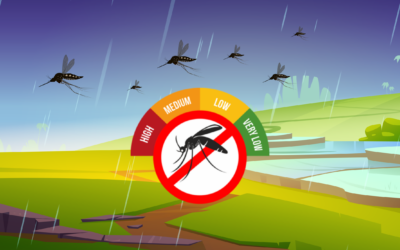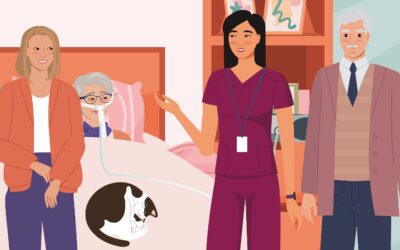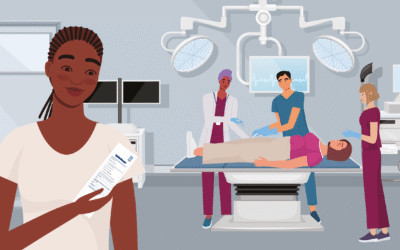Dr Michael Schutz | Musical Alarms: Improving Medical Environments by Studying Sound
About this episode
Medical devices in hospitals use auditory interfaces to keep doctors and nurses updated while keeping their eyes focused on patients. These auditory alarms are crucial for complex procedures, such as placing a breathing tube. Unfortunately, the specific sounds used in current systems are highly problematic. The lack of sophistication in these tones render them annoying and distracting, harming communication amongst medical staff and posing risks for patient care. An FDA survey has revealed hundreds of deaths annually resulting from poorly designed alarms! Although there are many ways to improve their use, one solution has received little attention thus far – improving the quality of the sounds themselves.
More episodes
Global Study to Evaluate Whether Dengue Outbreaks Can Be Anticipated Earlier
Curious Kids Can Become Awesome Eye Doctors!
Dr Johanna Lynch | Promoting Patients’ Sensations of Safety Can Transform Healthcare
Dr Shanika Samarasekera | Navigating the Emergency Department as a Caregiver of an Adult with Intellectual Disability who has a Seizure Emergency
This work is licensed under a Creative Commons Attribution 4.0 International License. 
What does this mean?
Share: You can copy and redistribute the material in any medium or format
Adapt: You can change, and build upon the material for any purpose, even commercially.
Credit: You must give appropriate credit, provide a link to the license, and indicate if changes were made.
Increase the impact of your research
• Good science communication helps people make informed decisions and motivates them to take appropriate and affirmative action.
• Good science communication encourages everyday people to be scientifically literate so that they can analyse the integrity and legitimacy of information.
• Good science communication encourages people into STEM-related fields of study and employment.
• Good public science communication fosters a community around research that includes both members of the public, policymakers and scientists.
• In a recent survey, 75% of people suggested they would prefer to listen to an interesting story than read it.

Step 1 Upload your science paper
Step 2 SciPod script written
Step 3 Voice audio recorded
Step 4 SciPod published




